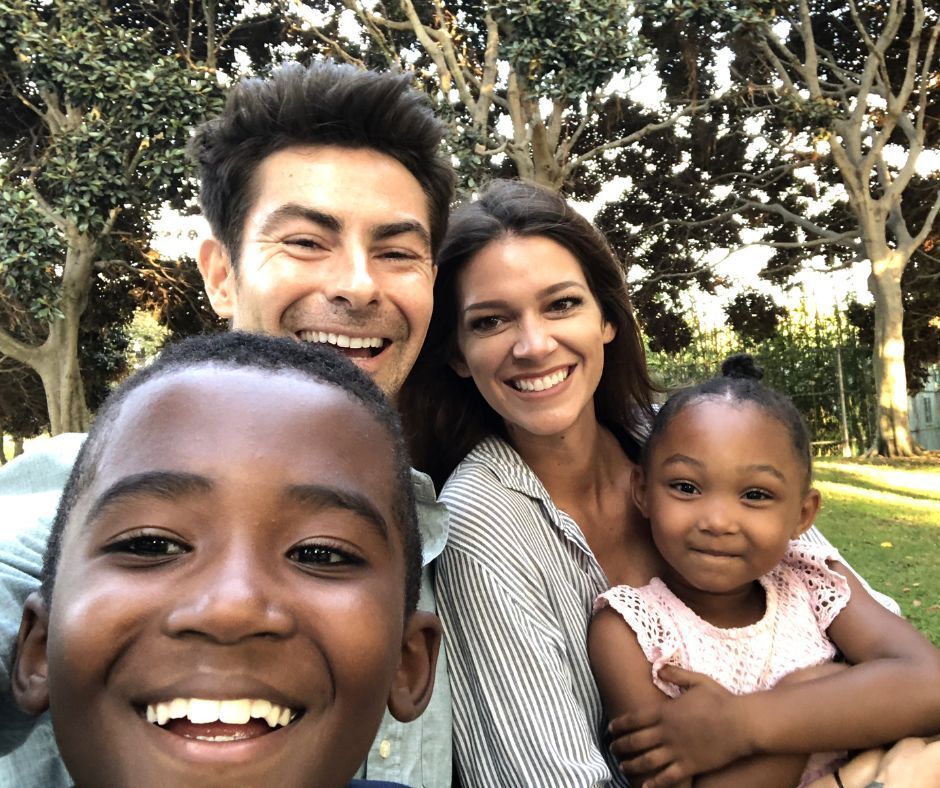My husband who is from Mexico does not understand casseroles and is always very suspicious of the ingredients. He asks, “What is this, anyway?” I say, “Cheese.” He looks at me as though that is not a very convincing answer, and I wonder how I could have married a man who is so mistrustful of cheese. When we brought our children home, our friends all signed up to bring us dinner for a month. More often than not, friends showed up at our door with warm casseroles – cream and broccoli, chicken and rice, and always, always, with cheese on top.
Casseroles are often brought to people enduring some type of loss or hardship. They are a warm expression of comfort given to remind people that they are not forgotten, given to acknowledge grief; however, not all hardships are shared. Parents are more likely to share, “My child has leukemia,” than “I just had to call 911 and have my teenager admitted to the mental hospital.” Both situations are tragic, but in the first, help is called for on social media and at church podiums. People flock with promises of prayers and start a dinner train. Updates are posted and shared on social media. Money is sometimes raised, and generosity is experienced even from strangers. In the latter example, however, parents often keep quiet. Rumors spread, people whisper, but grief is not shared. People don’t know what to say or how to ask.
I heard parents say once that they were collecting stories to tell at their child’s wedding. The immediate thought I had was, “That must be nice.” It struck me that so many of the parents I work with do the opposite. They collect stories they will not tell. They stay alone. There are hurts parents can’t share – shame so deep, wounds so raw, regrets they can’t speak, pain that never ends, and the heartache of broken children they can’t repair. These parents suffer alone, retreating like an armadillo rolling quickly into an armored shell. No one can be let in. They don’t get casseroles and promises of prayers. They don’t get invitations or sympathetic glances.
There are things inside of this rolled-up shell that no one really wants to see. When they ask “How is everything?”, they really don’t want to know, and if they do want to know, your radar goes up. You must protect your family. There are things inside of this shell that are so holy, so broken, so precious, that you must retreat. Retreat – a word that sounds like surrender, but to these families it feels like a war. There is no time for socializing. There is no time for small talk. There is no time for texting. There is no world outside of the shell.
This is the place no one visits. People talk about these places in whispers, but no one wants to go there. The suffering is too raw. These are the prayer requests never asked for. These families rarely ask for help.













